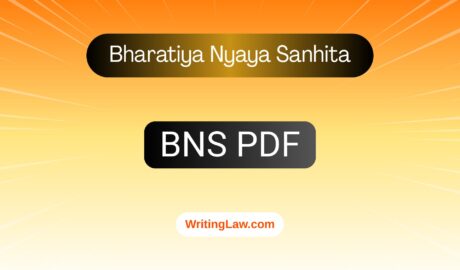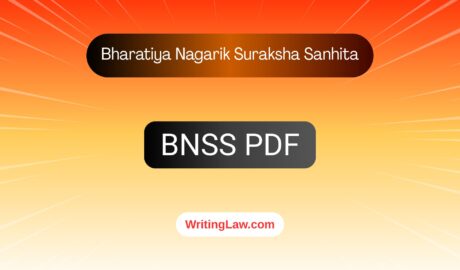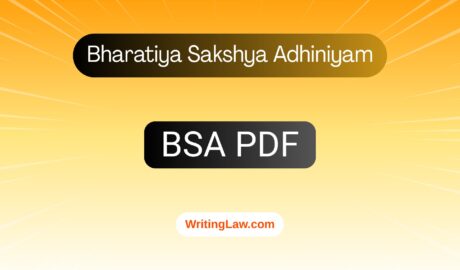Section 434 CrPC
434. Concurrent power of Central Government in case of death sentences. The powers conferred by sections 432 and 433 upon the State Government may, in the case of sentences of death, also be exercised by the Central Government. Read CrPC bare act in a systematic and better way. Read CrPCRead…








